SUMMARY
This is AI generated summarization, which may have errors. For context, always refer to the full article.
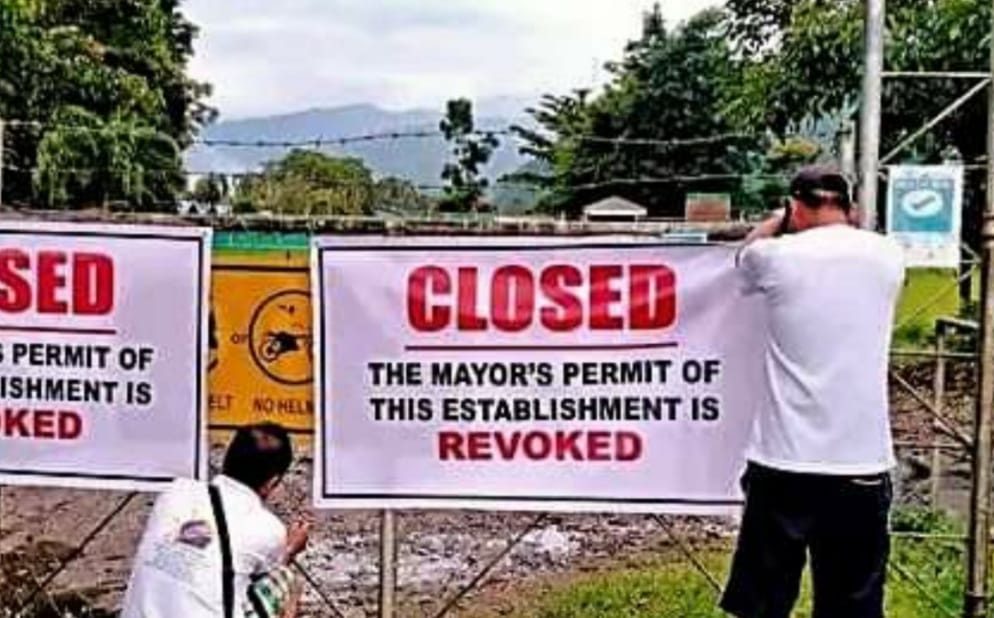
GENERAL SANTOS CITY, Philippines – The mayor who revoked the business permit of the mining giant Sagittarius Mines Incorporated (SMI) in South Cotabato last week said the move had nothing to do with the ongoing campaign to prevent open-pit mining in the province.
“There’s nothing personal about this. We have no opinion for or against mining. We are just doing our obligation to implement our ordinances,” Tampakan Mayor Leonard Escobillo told a news conference last weekend after he sent SMI a notice about the town government’s decision to take back the business permit it gave the company.
But environmental activists, and the local Catholic diocese which has been spearheading a campaign to keep large-scale miners off South Cotabato, hailed the Tampakan town government’s September 15 order against SMI.
They said the move only showed that local governments were not powerless against big and well-connected mining companies, and can assert their rights if local officials have the political will.
SMI, a company chaired by former defense secretary and 2022 senatorial candidate Gilbert “Gibo” Teodoro, is determined to pursue the stalled multi-million-dollar mining project in Tampakan which is said to have one of the world’s largest copper, ore, and gold deposits.
The company has gone to court to stop the Tampakan town government from collecting P397 million in taxes and regulatory fees from it.
Escobillo greeted the SMI lawsuit with the revocation of the company’s permit to do business in Tampakan, accusing the miner of fraud, misrepresentation, and violating the town’s 2012 tax code.
He said SMI’s operations were misdeclared in its application for a business permit, and the company did not correct the deficiencies and inaccuracies even after the town government called the attention of its executives.
Environmental activist Rene Pamplona said Escobillo’s order was a welcome development for his group, “especially among us, residents of Tampakan, who have been opposing mining in our area.”
Father Jerome Millan, the director of the Social Action Center of the Catholic Diocese of Marbel, said the revocation of SMI’s permit in Tampakan was “another victory” in the collective efforts to prevent open-pit mining in South Cotabato.
The diocese has been at the forefront of a campaign that has so far pressured South Cotabato Governor Reynaldo Tamayo into vetoing an amendment to the province’s decade-old environment code.
The now struck-down amendment, made days after the May elections, lifted a province-wide ban on open-pit mining.
“We laud the LGU (Tampakan local government unit) for this positive move of revoking SMI’s permit,” said Millan.
Lawyer Ryan Roset of the Legal Rights and Natural Resources Center (LRC) described Escobillo’s move as a good call to protect its constituents based on the Local Government Code.
“We hope Tampakan’s leadership continues to stand firm and further protect Tampakan’s environment. This is ultimately its wealth,” Roset said.
Another environmentalist, Yoly Esguerra of the Philippine Misereor Partnership Incorporated, said the decision was “a step forward in ensuring that residents of Tampakan will have a healthy ecology today and a better future.”
Esguerra also lauded the Tampakan town government for “uncovering the deception,” and for going public and acting on it as a display of transparency in governance.
“What Mayor Escobillo did was an example of how LGUs can use their powers under the law to willfully decide their development directions, protect their people and ecological systems, and assert their governmental autonomy,” Esguerra said. – Rappler.com
Add a comment
How does this make you feel?

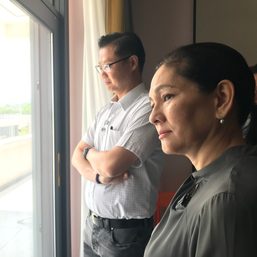

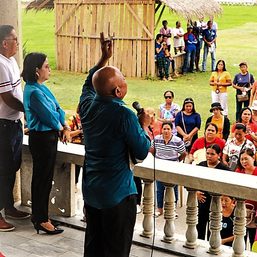






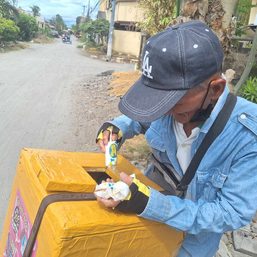
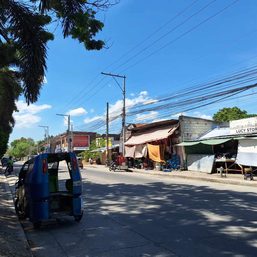






There are no comments yet. Add your comment to start the conversation.